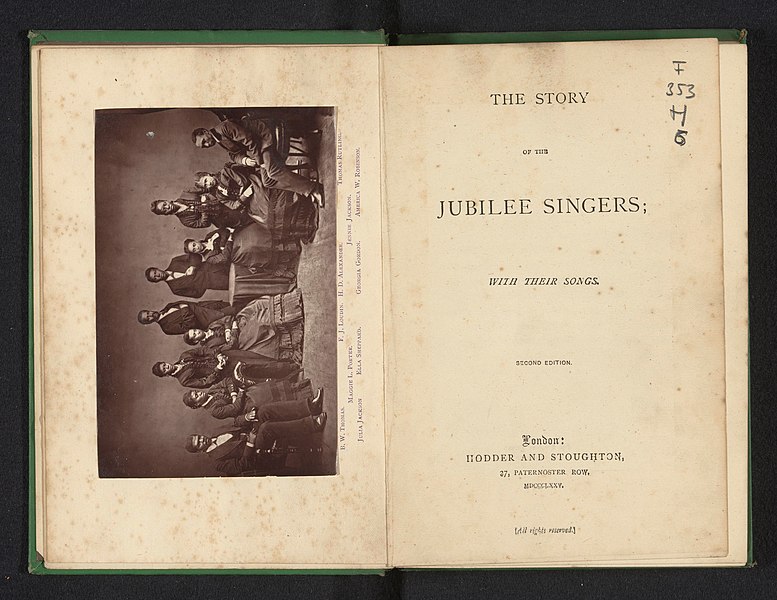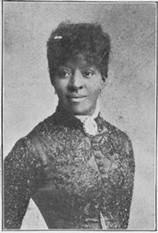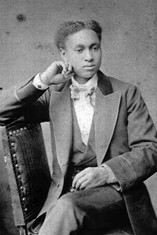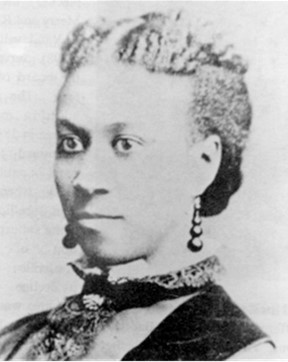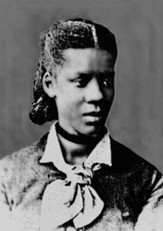
The Dissemination of the African American Spiritual in America and Europe: University Singing Movement 4
Based on the appeal of the Black folk songs, the Fisk Jubilee Singers tour was a financial success. However, the students at Fisk naturally did not like to sing songs that connected to and reminded them of slavery. Despite their initial aversion, George White, who initially directed the music at Fisk, and Professor Adam K. Spence, who taught the later generation of students, gradually got the students to appreciate the beauty of the spirituals as an art form they might be proud of. Thus, they and other generations of Jubilee Singers were instrumental in their development and preservation (Work 1915, 97). In essence, the article description of "'Tell Them We Are Singing for Jesus': The Original Fisk Jubilee Singers and Christian Reconstruction" tells its readers that:
The troupe's stellar success afforded the American Missionary Association (AMA) an unprecedented public platform from which to advance its Christian views for social change. Fisk University's reputation was also enhanced as praise for the Jubilee Singers' artistic performances, noble mission, and refinement filled the press. Each company member stood as a living testimonial to the intellectual, cultural, and spiritual attainment of which all African Americans were capable. American Missionary Association leaders considered the Jubilee Singers as divinely appointed fellow laborers in attaining the lofty goals of Christian Reconstruction. Through a unique partnership that blended ministry and music, the AMA and the Jubilee Singers fought to establish a world in which the freedom message of the Negro spiritual rang true.
(Anderson 1970)
As noted above, the Fisk Jubilee Singers made three tours between October 1871 and July 1878: First tour, October 1871 to March 1872; second tour, May 1872 to May 1874; and final and third tour, January 1875 to July 1878. "By the end of the campaign in 1878, the ensemble had raised $150,000, enough to erect Jubilee Hall on the Fisk campus" (Maultsby 2015, 61).
The Longstanding Performers in the Jubilee Singers table below outlines the various performers who participated in the tours. Four of the performers-Jennie Jackson, Thomas Rutling, Ella Sheppard, and Maggie Porter-performed with the company on all three tours, from 1871 to 1878.
| Jennie Jackson (1852-1910) |
Thomas Rutling (1854-1915) |
Ella Sheppard (1854-1914) |
Maggie Porter (1853-1942) |
|---|---|---|---|
|
|
|
|
|
| Soprano | Tenor | Soprano, piano, organ, and guitar | Soprano |






